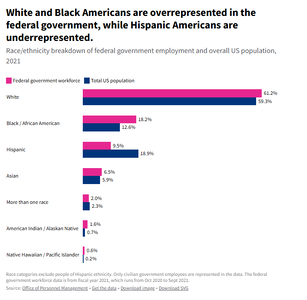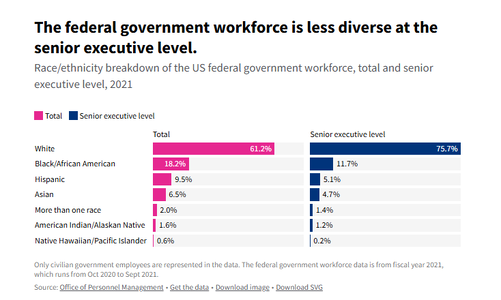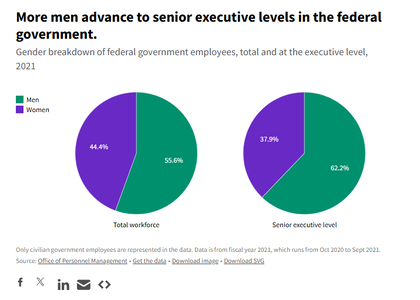sringwal
Iconic Member
- Messages
- 2,271
Counterpoint - diversity appears to lead to higher profit margins in corporations.Yikes.
I think that most corporate and higher ed DEI programs, even if well-intended, are awkward, clunky, poorly-executed, and ultimately in many cases an inefficient and ineffective utilization of resources. I've long thought that elite college admissions practices should ignore race and sex altogether in favor of socioeconomic and geographic diversity. I also think that corporate hiring practices should almost always favor qualification and related experience over all else.
That said, it truly is fascinating that the people most obsessed with ending DEI programs never replace DEI programs with anything that actually *ensures* merit-based hiring. Instead, they promote ideologues and loyalists: RFK Jr. to run NIH (despite having no qualifications and gunning down steroids and raw milk); Tulsi Gabbard to ODNI (despite having never worked in intelligence), and Pete Hegseth to run the DOD (despite a severe alcohol problem and having never risen to a senior military role). They complain about nominations like Ketanji Brown Jackson to the Supreme Court, despite her having a better resume than most people who receive the same honor (and a notable lack of sexual harassment charges, right Brett? Or porn addiction, lookin' at you, Clarence!).
Conservatives don't care about merit. They never have. As with everything else in the conservative movement, it was all a lie.

Diversity wins: How inclusion matters
Although the business case for diversity, equity, and inclusion (DE&I) is stronger than ever, many companies’ progress has stalled. A systematic approach and bold action can help.
"Moreover, we found that the greater the representation, the higher the likelihood of outperformance. Companies with more than 30 percent women executives were more likely to outperform companies where this percentage ranged from 10 to 30, and in turn these companies were more likely to outperform those with even fewer women executives, or none at all. A substantial differential likelihood of outperformance—48 percent—separates the most from the least gender-diverse companies.
"In the case of ethnic and cultural diversity, our business-case findings are equally compelling: in 2019, top-quartile companies outperformed those in the fourth one by 36 percent in profitability, slightly up from 33 percent in 2017 and 35 percent in 2014. As we have previously found, the likelihood of outperformance continues to be higher for diversity in ethnicity than for gender."




